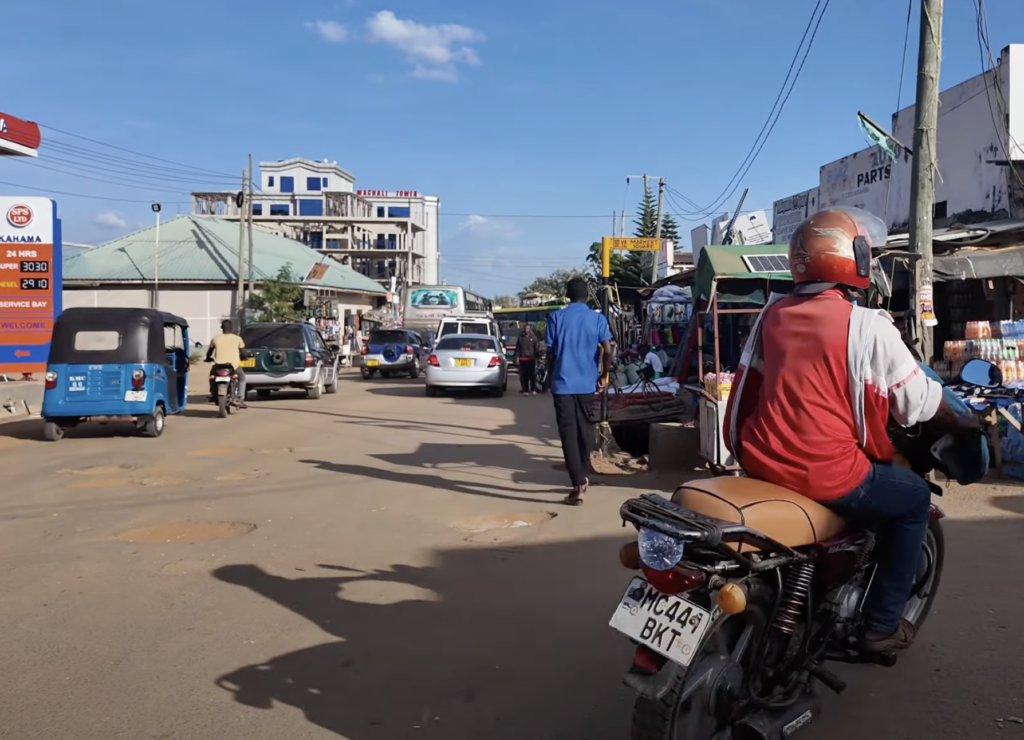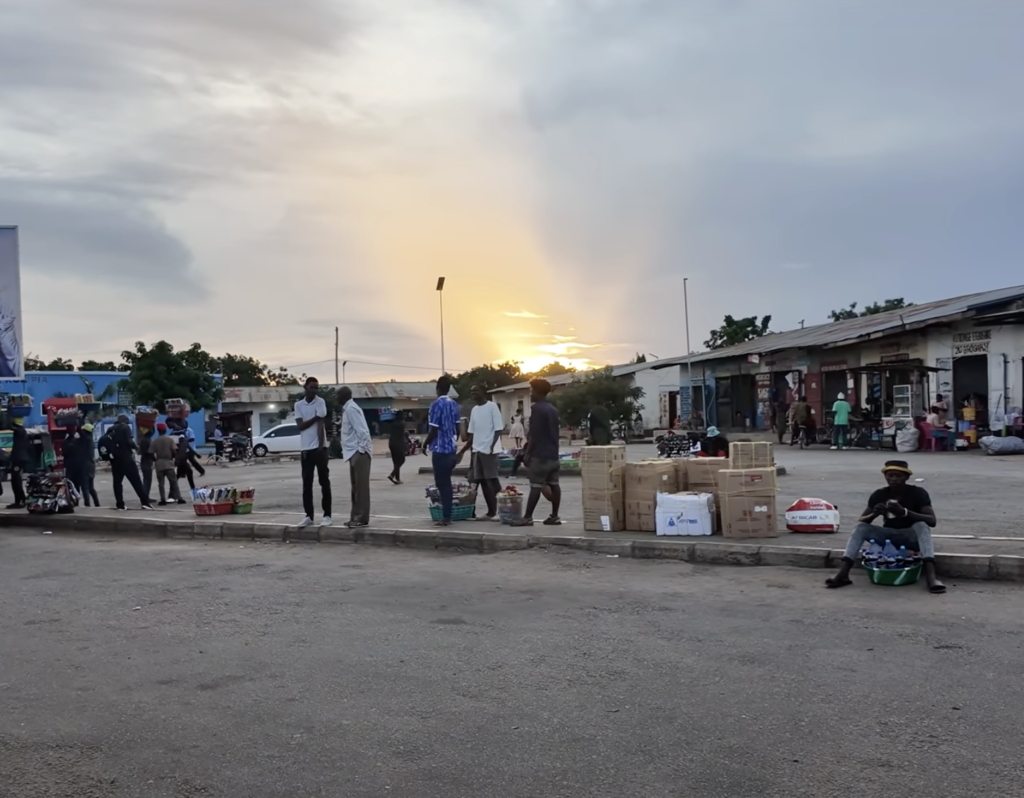Kahama, Tanzania – Bolt, Tanzania’s leading ride-hailing platform, has officially launched its services in Kahama, marking a significant milestone in its mission to bring smart, reliable, and affordable transport solutions to more regions across the country.

This expansion comes as part of Bolt’s broader strategy to strengthen urban mobility and empower communities beyond major cities. The presence of Bolt in Kahama will transform mobility for residents, small businesses, and daily commuters navigating the fast-growing mining and trade hub.
According to the 2023 country brief by United Nations Habitat, Tanzania cities are among the highly populated cities in Africa, with a major cause of it being rural to urban migration. “A survey conducted in 2015 revealed that 61.4% of the urban dwellers migrated from rural areas while 38.6% who were born in urban areas” states the brief, further alluding that infrastructure development, electricity and job opportunities are what attract dwellers to urban living
Dimmy Kanyankole, General Manager for Bolt Tanzania and Kenya, stated, “Kahama town is not only more urban than much of Shinyanga, it is also a strategic location with vibrant economic activity and huge potential for growth. Our entry into this region is a milestone in Bolt’s vision to contribute in building cities for people. The ease of transport in Dar es Salaam, Arusha, Mwanza, and other regions can now be the experience of Kahama residents.”

Bolt’s arrival is set to stimulate employment, particularly for youth who can now register as driver-partners. The platform also enables increased customer movement, unlocking growth for local traders, service providers, and institutions. According to the Kahama Municipal Council, 40% of its population runs their activities in the town’s CBD area.
As the town experiences an annual growth rate of 8.7%, that is higher than Shinyanga region’s growth rate of 3.2%, the introduction of Bolt in Kahama is a collaboration with government to reduce transportation challenges, offer safer and more regulated mobility, and contribute to the digitization of local transport services — aligning with national goals for financial inclusion and tech-driven development.



